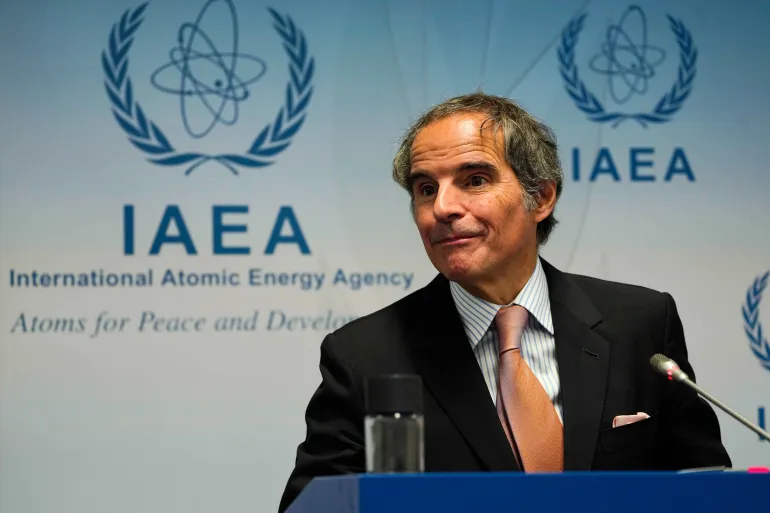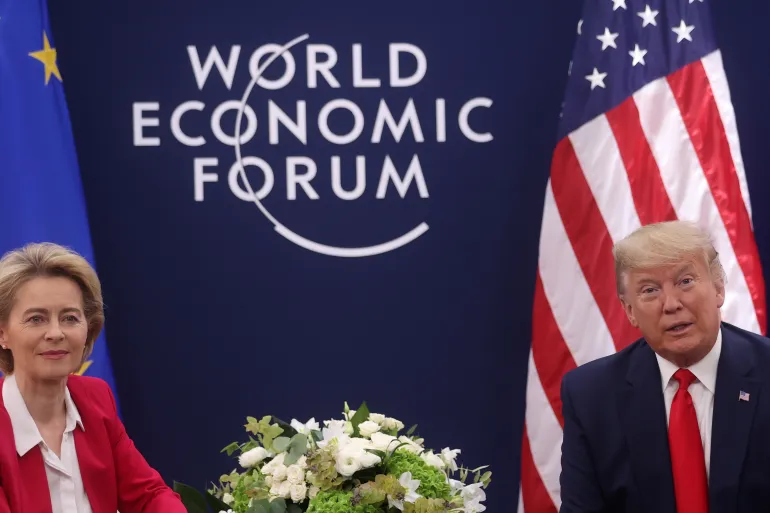Iran has significantly increased its stockpile of enriched uranium by over 50 percent in recent months, the International Atomic Energy Agency (IAEA) reported on Saturday, heightening international concerns over the country’s nuclear program.
According to the confidential quarterly report accessed by media outlets, Iran’s enriched uranium reserves reached 5,525.5 kilograms by mid-May, up from 3,801.8 kilograms in February. This stockpile includes uranium enriched to 60 percent purity, which is just below the 90 percent threshold needed for nuclear weapons.
The report stated that Iran now possesses 142.1 kilograms of uranium enriched up to 60 percent, marking a slight increase from the 121.5 kilograms reported earlier this year. The IAEA emphasized that while Iran continues to enrich uranium beyond the limits agreed under the 2015 nuclear deal—formally known as the Joint Comprehensive Plan of Action (JCPOA)—it has not shown signs of converting the material for weaponization.
The development comes amid stalled diplomatic efforts to revive the JCPOA. Former U.S. President Donald Trump unilaterally withdrew from the deal in 2018, prompting Iran to gradually scale back its compliance. Subsequent negotiations under President Joe Biden’s administration have seen little success.
The IAEA report also noted that Iran has not provided satisfactory answers about the presence of nuclear material found at undeclared sites. The agency reiterated its request for Iran to allow full and unrestricted access to those locations and to provide credible explanations for the traces detected.
In a parallel report, the IAEA expressed concerns over a decline in Iran’s cooperation with nuclear inspections. Since February 2021, Iran has curtailed the agency’s verification and monitoring capabilities, limiting access to surveillance footage and other data critical to ensuring compliance.
The IAEA warned that this reduced transparency makes it increasingly difficult to verify the peaceful nature of Iran’s nuclear activities. “Iran’s lack of engagement is seriously affecting the agency’s ability to provide assurances about the exclusively peaceful nature of the Iranian nuclear program,” the report stated.
Reacting to the report, Israel reiterated its long-standing suspicion that Iran is covertly pursuing nuclear weapons capabilities. Israeli officials called on the international community to take firmer action, including reinstating multilateral sanctions and considering military deterrence.
The United States, which has recently proposed a new framework for indirect talks with Iran through European mediators, described the enrichment increase as “deeply troubling.” A U.S. State Department spokesperson said, “This expansion further underscores the urgency of diplomatic efforts and the risks of continued inaction.”
Iran, for its part, maintains that its nuclear program is entirely peaceful and in accordance with international obligations. Iranian officials argue that the heightened enrichment is a justified response to Western violations of the nuclear deal, especially after the reimposition of U.S. sanctions.
In recent weeks, Iranian leaders have accused Washington of using the nuclear issue as a political tool while simultaneously failing to fulfill its commitments under the JCPOA. Tehran has demanded a full lifting of all sanctions as a precondition for restoring compliance.
The IAEA’s findings are expected to be discussed at its upcoming Board of Governors meeting. Analysts say the report could influence the debate over whether the UN Security Council should consider further action against Iran.
With tensions rising and prospects for a diplomatic resolution dimming, the international community faces renewed pressure to address the nuclear standoff. As the situation evolves, the risk of escalation continues to grow, raising fears of a broader regional crisis.
Source; Al Jazeera



